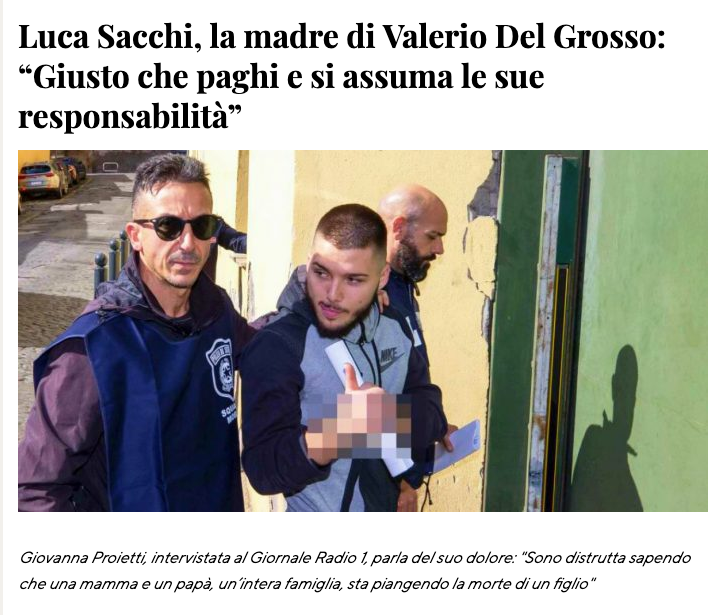Yesterday night, Roberto Speranza, the Italian Health Minister, said to TG4 (the news programme of a National broadcaster) that the Coronavirus spreading in Italy is – or it has been -? “exponential”. As a matter of fact, this is not correct, as “exponential” has a specific mathematical meaning that does not match with the data provided by the Italian Government itself. Moreover, talking about “exponential growth” without indicating the exponent and specifying whether it is whole or fractional, does not allow the listener to understand what is the real “steepness” of the curve to which we are referring. Finally, at most, we can speak of an exponential trend in relation to a stretch of the curve, certainly not in relation to the curve itself. Unlike a mathematical function, in fact, the data on contagion are conditioned by variables? that vary (how many probes I did yesterday, how many I do today and how many I will do tomorrow, on which population I perform the analysis etc. etc.). In other words, the trend of the contagion curves (net of all the questions about the composition of the sample) has a (limited) descriptive capacity of the past, but it can hardly give indications about the future.
Raising this issue with a fellow journalist I got this answer: “stop being a semantic prick! People are not read in mathematics and they know that when we use “exponential” we do it as a synonym for “very quick and fast grow”.
Well, maybe I am a “semantic prick” – aren’t we, lawyers? – but when hard decisions such as putting the whole Italy in quarantine have to be taken, I would expect the decision-makers to ground their assessment on solid basis rather than on a sloppy use (and understanding?) of data and information.
This is not to say that the decision to quarantine Italy is wrong (I neither have the knowledge nor the competence to judge it.) I only point out that there might not be a cause-effect relationship with a (good) decision and the reasons that backed it.

